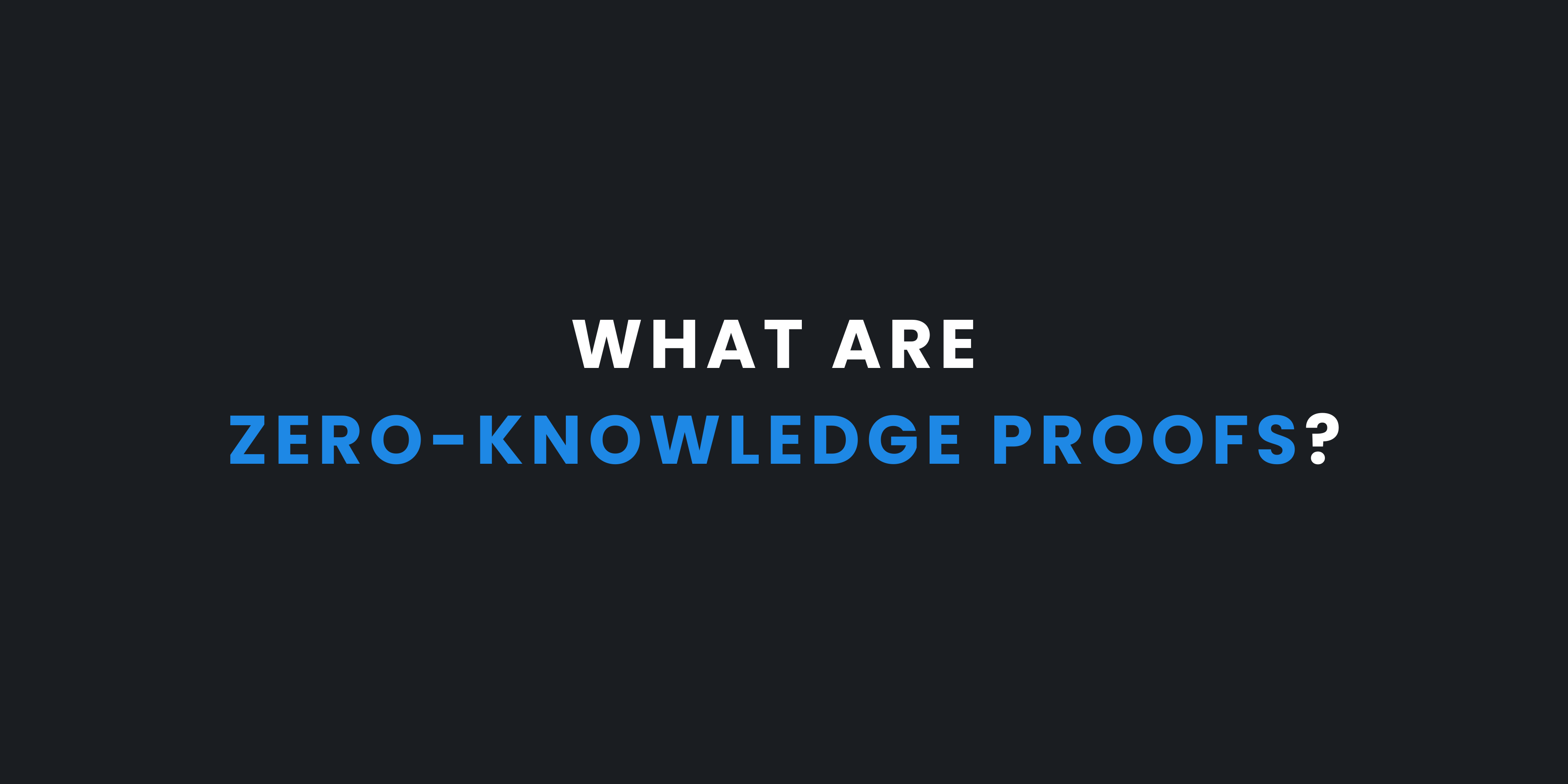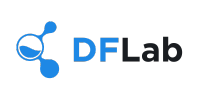
In an era where data breaches and data privacy concerns dominate headlines, ensuring secure and private communication has never been more critical. Enter Zero-Knowledge Proofs (ZKPs), a groundbreaking cryptographic method that promises to revolutionise the way we verify information. But what exactly are Zero-Knowledge Proofs, and why are they so important?
Key Summary
- Zero-Knowledge Proofs (ZKPs) let one party prove knowledge of information without revealing it.
- The Ali Baba Cave analogy shows ZKPs by having a prover demonstrate secret knowledge without disclosure.
- ZKPs enhance secure authentication, blockchain, cryptocurrencies, and voting by ensuring data privacy.
- ZKPs face computational challenges, but research is improving their efficiency.
- Innovations like Bulletproofs and PLONK are making ZKPs more scalable and practical for wider use.
What Are Zero-Knowledge Proofs (ZKPs)?
At its core, a Zero-Knowledge Proof allows one party (the prover) to convince another party (the verifier) that they know a value or a piece of information without actually revealing the information itself. This concept might sound abstract, but it can be illustrated with a simple analogy.
The Ali Baba Cave
Imagine you are standing at the entrance of a cave shaped like a ring, with a single entrance and two paths (left and right) leading to a door that only opens with a secret word. You want to prove to someone that you know the secret word to open the door without revealing the word itself.
Here’s how it works:
- You (the prover) enter the cave and choose either the left or right path.
- Your friend (the verifier) waits outside and then calls out which path you should return from (left or right).
- If you know the secret word, you can always open the door and come out from the chosen path.
- By repeating this process multiple times, your friend becomes convinced that you know the secret word because you consistently return from the correct path without ever seeing you open the door.
This is the essence of a Zero-Knowledge Proof: demonstrating knowledge of something without revealing the actual information.
Applications of Zero-Knowledge Proofs
One of the most promising applications of ZKPs is in secure authentication systems. Traditional authentication methods often involve the transmission of sensitive information, such as passwords or biometric data, which can be intercepted or stolen. With ZKPs, users can prove their identity without transmitting any actual credentials, significantly reducing the risk of data breaches.
Blockchain and Cryptocurrencies
In the world of blockchain and cryptocurrencies, ZKPs are used to enhance data privacy and security. For instance, ZK-SNARKs (Zero-Knowledge Succinct Non-Interactive Arguments of Knowledge) are employed in cryptocurrencies like Zcash to allow transactions to be verified without revealing the sender, receiver, or transaction amount. This ensures complete data privacy while maintaining the integrity of the blockchain.
Secure Voting Systems
ZKPs can also be used to develop secure and transparent voting systems. Voters can prove that they have voted in a legitimate manner without revealing their vote, ensuring both the data privacy of the voter and the integrity of the election process.
Challenges and Future Directions
While ZKPs offer tremendous potential, they are not without challenges. The primary concerns include the computational complexity and performance overhead associated with generating and verifying proofs. However, ongoing research and advancements in cryptographic techniques are continually improving the efficiency of ZKPs.
Innovations like Bulletproofs, Sonic, and PLONK are pushing the boundaries of what is possible with ZKPs, making them more scalable and efficient. These advancements are paving the way for broader adoption across various industries.
Conclusion
Zero-Knowledge Proofs represent a paradigm shift in how we think about security and data privacy. By enabling the verification of information without revealing the information itself, ZKPs offer a powerful tool for protecting sensitive data.
As we continue to explore and refine this technology, its applications will undoubtedly expand, bringing us closer to a future where data privacy and security are seamlessly integrated into the fabric of our lives.
